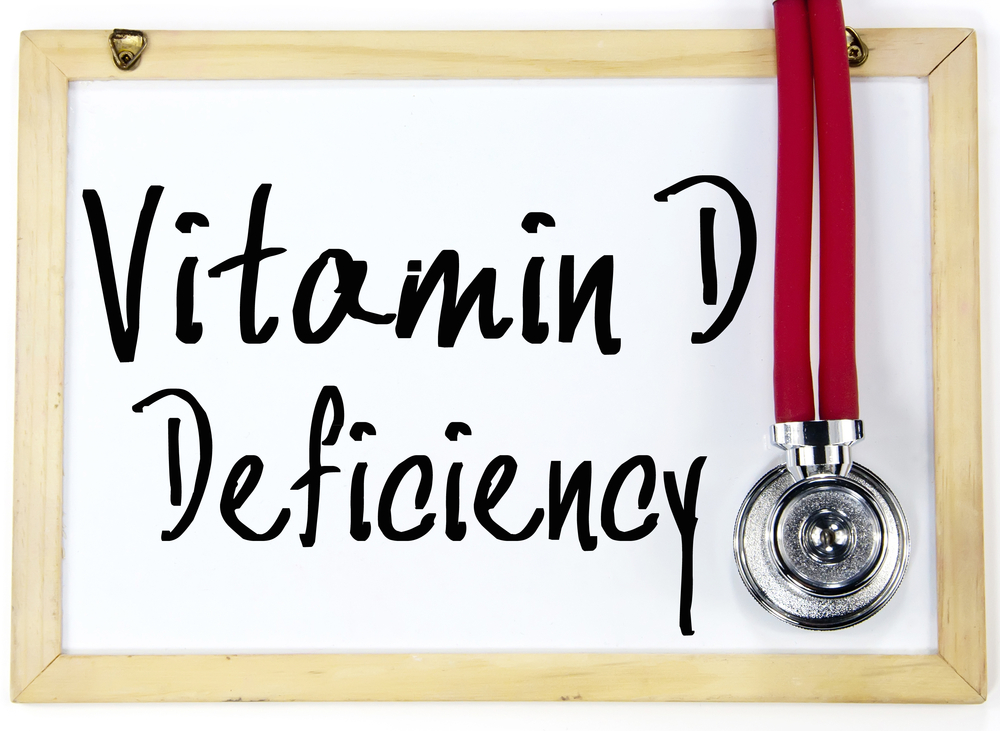SYMPTOMS
Below are eight signs and symptoms of having vitamin D deficiency. When experiencing these listed below, it is recommended to have it checked by your local doctor.
If you find yourself easily sick with diseases, especially with colds or the flu, you may be deficient in vitamin D. Having vitamin D deficiency may lead to respiratory tract infections such as colds, bronchitis, and pneumonia.
Vitamin D plays a big part in cells that are functioned to fight off any viruses and bacteria that may cause infections to your body. Also, doctors recommend taking vitamin D supplements of a dosage of up to 4,000 IU or more daily.
One of the many signs of every illness is fatigue and tiredness. But due to it being too familiar, most of us usually ignore these signs and continue to work or perform our daily activities. But what some of us don’t know is that our body lacks vitamin D, which lowers our blood levels, and leads to fatigue.
Taking a blood test is a recommended way to see if your blood levels are low, thus knowing if you are deficient in vitamin D. Although, keep in mind that despite it not being shallow, there is still a possibility that it can hurt your energy levels.
There are already cases that show the lack of vitamin D can cause fatigue. In one case, a woman claimed to experience chronic daytime fatigue and headaches. It was then discovered that she had a vitamin D blood level of only 5.9 ng/ml; anything under 20 ng/ml is considered deficient. Therefore, the woman had a superficial blood level. But after taking vitamin D supplements, it improved significantly.
Vitamin D plays a massive part in our skeletal system, and it helps maintain our bones’ health. It helps enhance the absorption of calcium in our bodies.
Low blood levels of vitamin D can cause lower back pain or chronic lower back pain. This was validated with the study conducted about the relationship between vitamin D deficiency and chronic lower back pain.
More than 9,000 older women having lower blood levels of vitamin D experienced back pain, which caused interference with their daily activities. While some are deficient in vitamin D, experience bone pain in their legs, ribs, or joints.
It was observed in numerous studies the correlation of vitamin D deficiency and depression felt by people.
A review study linked that older adults are more likely to experience depression due to vitamin D deficiency.
It was also analyzed that 65% of the observational studies proved that low blood levels could cause depression.
Giving vitamin D supplements to people helped improve their moods, especially those undergoing depression or seasonal depression.
Inadequate vitamin D levels hinder the wound-healing process our body undergoes. Based on a test-tube study, the vitamin helps increase the body’s compounds to form new skin.
Vitamin D also helps control inflammation and fights infections that may disrupt the healing process. A vitamin D deficient person has higher inflammatory markers, which put their body’s healing process at stake.
Lack of calcium may not be the only reason you are experiencing bone loss; vitamin D deficiency may also serve as its reason.
Vitamin D helps your body in absorbing calcium and bone metabolism. Being diagnosed with low bone mineral density indicates that you have calcium and vitamin D deficiency.
It is recommended to have an adequate calcium level, especially vitamin D, to help preserve bone mass as you get older.
When a person experiences hair loss, they often think that it’s only due to stress, which usually is the common cause. But when it becomes severe, it may be a sign of vitamin D deficiency or the autoimmune condition, alopecia areata.
There have been numerous studies that link vitamin D deficiency to hair loss. Furthermore, this has been proven because people with low vitamin D blood levels experienced severe hair loss.
Many cases of people having muscle pain are often found to be vitamin D deficient. This is because the vitamin is present in the pain-sensing nerve cells called nociceptors.
Studies claim the intake of high-dose vitamin D supplements to lessen the pain they’ve been experiencing.


